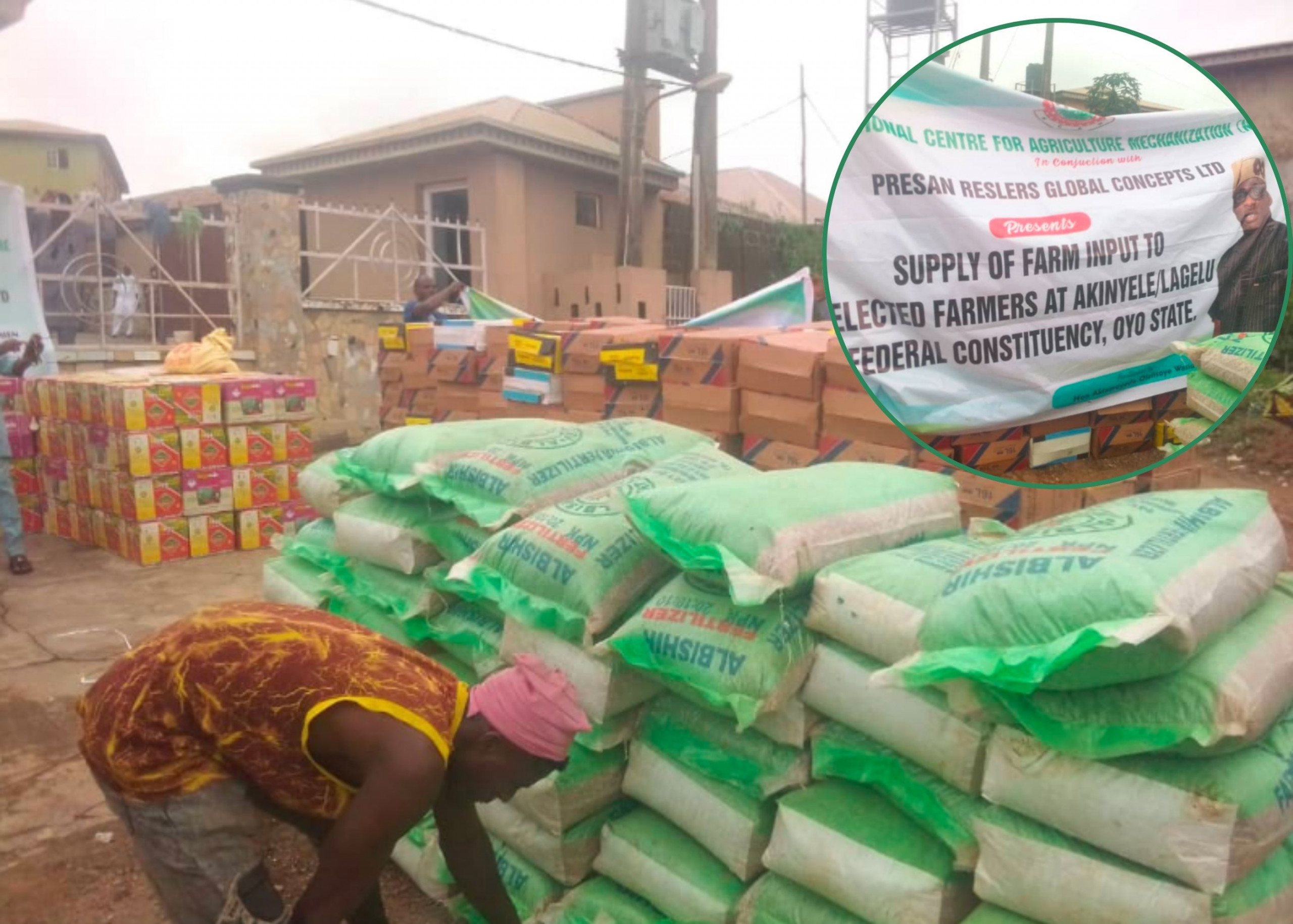News in brief:
– A farmer exposed the reselling of government-provided fertilisers by beneficiaries of a federal initiative.
– He criticises the mismanagement of agricultural resources and urges for improved accountability and distribution systems.
In a post on the microblogging platform, X, a user revealed that some beneficiaries of the federal government’s free fertiliser initiatives are reselling them.
The user, a farmer, claimed that someone had approached him to find out the market value of fertilisers and whether he was interested in buying some. When he pressed for more information like the type of fertiliser and source, it turned out that it was from an empowerment initiative in Oyo State.
The person had benefited from the fertiliser distribution because he was an active member of the political party in charge of the initiative. Even more curious was that he did not practice farming and, thus, had no use for the input.
“As if that wasn’t disappointing enough, the man told me that if I needed it in large quantities he could talk to his colleagues (who’re non-farmers). They can supply more of such bags of fertilisers they have,” Sanusi Yūsuf (@AbiolaYuusu) said.
Yusuf went on to lament the linkage between these kinds of failed empowerment programs and the food security issue Nigeria is facing.
“Agricultural support items meant for farmers channeled to the wrong quota. Agricultural inputs meant for farmers delivered late [sic]. Such input materials should ideally be distributed to farmers in due quantities, before or at the beginning of the farming season (January – April),” he wrote.
Hence, the reality, Yusuf says, is that farmers continue struggling to access essential inputs. He urged people to hold their leaders responsible for hunger and not vilify farmers for rising food prices. In addition, he mentioned that good leadership will ensure a good management structure that brings accountability regarding allocated resources.
Improving monitoring with technology
The problem of misappropriating support materials is not limited to Yusuf’s Oyo State constituency. Several comments under his thread showed that it is a widespread issue that keeps reoccurring.
One user even said that some farmers collect more inputs than they need using their ‘connections’ and sell to others who did not benefit from the initiative.
Several suggestions on how to improve the distribution system pointed to leveraging existing technology for accurate data, transparency, monitoring, tracking, and feedback on these initiatives.
Extension agents can also be deployed to verify claims, educate farmers, and disseminate information to those who may be sidelined by technology.



